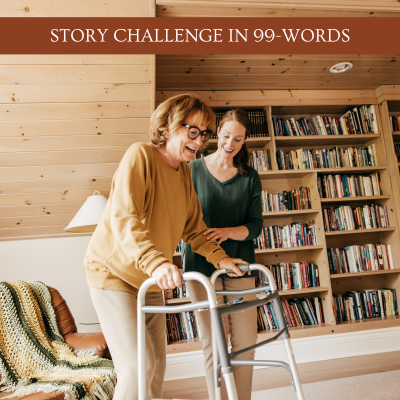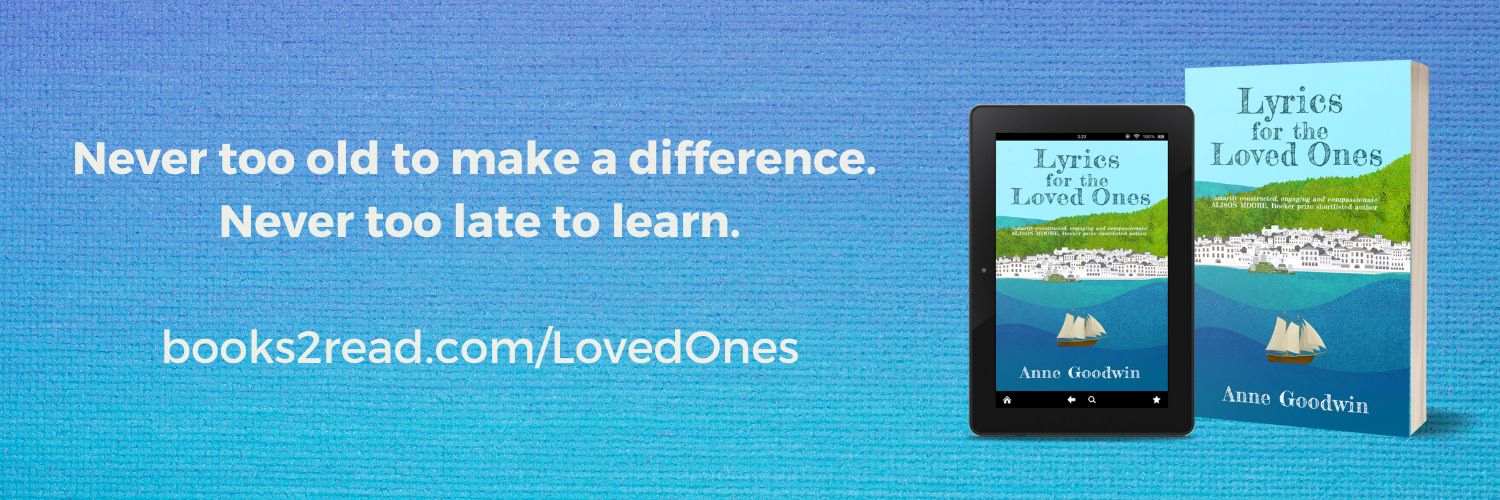| I’ve been having an on-off affair with my WIP since the end of last year. Sometimes, it’s all consuming. Sometimes, I think the relationship’s doomed and we should go our separate ways. I’ve nailed my main character, drafted a few chapters and sketched out the plot. I even have a title. But I’m not sure if it’s too personal, and whether that’s an asset or emotional burden too big to bear. |
Why not put my knowledge to work beyond my personal predicament and feed it into my fiction? As far as I’ve been able to discover, there aren’t many published novels that feature kidney disease. But what greater jeopardy for a character than the quest to find the man who promised her the transplant that would save her life?
That’s a lot worse than my situation, fortunately. But, being the kind of person who prefers to be forewarned about the worst outcomes, while hoping for the best, I’ve read up about it. I’ve read about the strain of twelve hours a week on haemodialysis and scanned the faces of those passing through the waiting room en route to a session when I attend the outpatient clinic. But do I want to delve deeper? Is it psychologically healthy? I keep changing my mind.
Fortunately, both for me and potential future readers, the story is about more than living with kidney failure. It’s about a woman’s relationship with her grown-up son. Her guilt about her failure to protect him around the onset of her illness stops her recognising him as an adult in his own right.
So it was interesting when this week’s flash fiction challenge pinged into my inbox with the request for 99-word stories about a loving relationship with an adult child. Mine didn’t go quite as I expected, but I’m hoping to learn a lot from the collection when it’s published.
If she could rewrite history, she’d go back and steer him away from danger. She would pay for the privilege with her life. When he was a boy, she could lick his wounds; now he’s an adult, he won’t even show her the scars. But she sees the consequences in broken relationships and lost jobs.
If he could mould the future, he’d banish all her burdens. He’d care for her as she cared for him as a child. But his mother is proud, she drapes her frailty in scarves and jewellery and asks him what he wants for tea.























 RSS Feed
RSS Feed





















